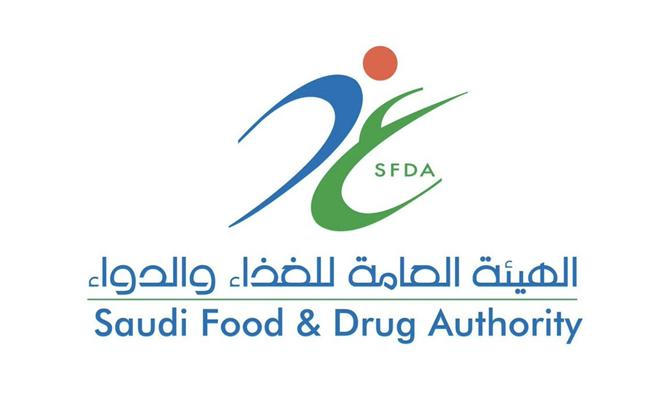
Biphosphonate and Atrial Fibrillation
Biphosphonate and Atrial Fibrillation
Biphosphonate and Atrial Fibrillation
2007-10-03
October 1, 2007, the US Food and drug Administration, the American's equivalent to the Saudi Food and Drug Authority (SFDA), announced ongoing review of safety information of Bisphosphonates Class (Alendronate (Fosamax, Fosamax once weekly), Etidronate (Didronel), Ibandronate (Boniva), Pamidronate (Aredia), Risedronate (Actonel, Actonel W/Calcium), Tiludronate (Skelid), and Zoledronic acid (Aclasta, Zometa).
Bisphosphonates are a class of drugs used primarily to increase bone mass and reduce the risk for fracture in patients with osteoporosis, slow bone turnover in patients with Paget's disease of the bone, treat bone metastases, and lower elevated levels of blood calcium in patients with cancer.
Publications in a recent issue of The New England Journal of Medicine have raised the question about the association of atrial fibrillation with the use of bisphosphonates. US FDA has reviewed some safety data and requested additional data to further evaluate the risk of atrial fibrillation in patients who take bisphosphonates.
An article and an accompanying letter to the editor in the May 3, 2007, issue of The New England Journal of Medicine describe increased rates of serious atrial fibrillation in two different studies of older women with osteoporosis treated with the bisphosphonates, Aclasta and Fosamax. In both studies, more women who received one of the bisphosphonates (Aclasta-1.3% or Fosamax-1.5%) reportedly developed serious atrial fibrillation as compared to women who received placebo (Aclasta study-0.5%, Fosamax study-1.0%). In both studies, the rates of all atrial fibrillation (serious plus nonserious) were not significantly different between groups treated with bisphosphonate versus placebo
The US FDA reviewed spontaneous post-marketing reports of atrial fibrillation reported in association with oral and intravenous bisphosphonates and did not identify a population of bisphosphonate users at increased risk of atrial fibrillation. In addition, as part of the data review for the recent approval of once-yearly Aclasta for the treatment of postmenopausal osteoporosis, the US FDA evaluated the possible association between atrial fibrillation and the use of Aclasta. Most cases of atrial fibrillation occurred more than a month after drug infusion. Also, in a subset of patients monitored by electrocardiogram up to the 11th day following infusion, there was no significant difference in the prevalence of atrial fibrillation between patients who received Aclasta and patients who received placebo.
US FDA is seeking additional data to allow for an in-depth evaluation of the atrial fibrillation issue for the entire class of bisphosphonates. It may take up to 12 months to complete the evaluation at which time US FDA will communicate the conclusions and any resulting recommendations to the public. Moreover, FDA is continuing to monitor spontaneous post-marketing reports of atrial fibrillation reported in patients who have taken bisphosphonates.
Action that Healthcare Professional should follow:
-
Upon initial review, it is unclear how these data on serious atrial fibrillation should be interpreted. Therefore, SFDA does not believe that healthcare providers or patients should change either their prescribing practices or their use of bisphosphonates at this time.
-
Posting this information does not mean that FDA has concluded there is a causal relationship between the drug products and the emerging safety issue
Report Adverse Drug Reactions to the Saudi FDA:
The public and health professionals are encouraged to report adverse drug reactions to the National Pharmacovigilance Center on the Internet at:



